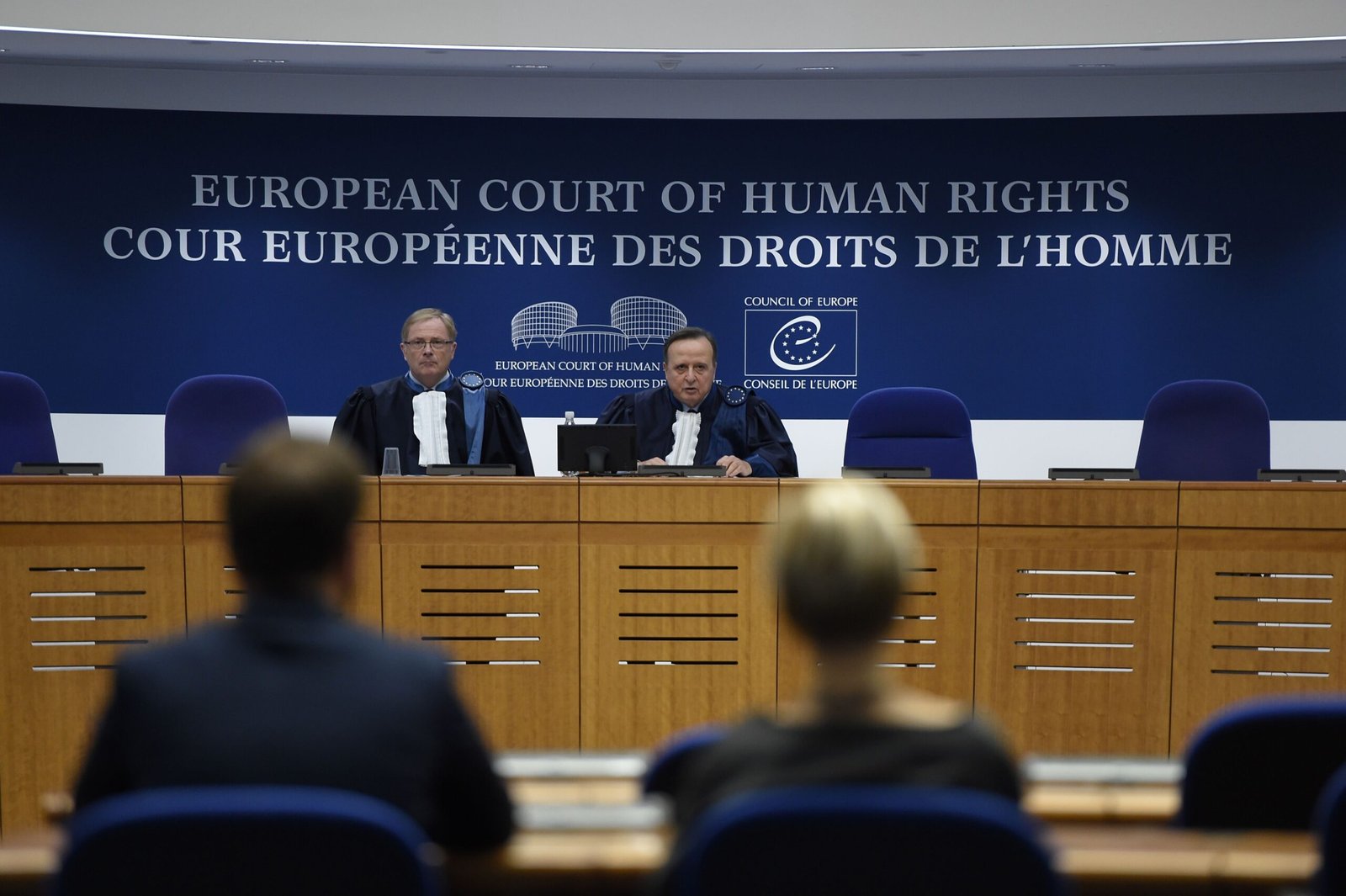smallwhat is defined as the “millennium test”. Six boys from Portugal sued 32 countries, both European and non-European, for non-compliance with the agreements Paris Climate Conference 2015. That’s why it’s important to know about (and support) this cause
In 2020, six young boys from Portugal between the ages of 10 and 23 took to the field, dragging 32 nations before the Strasbourg court for climate inertia. The case is a landmark in the history of trials and has been called the “trial of the millennium”. This name is due both to its meaning and to the age of the protagonists who brought the legal action.
The European Court of Human Rights agreed to hear the case before the seventeen-judge Grand Chamber, where only the most important appeals are heard
The unprecedented legal action began in June 2017, when an unprecedented wildfire in central Portugal leveled the Pedrógrão Grande forest. A few months later, the second episode of fires brought the final death toll to 100. This was the straw that broke the camel’s back and hence the decision to take the EU states to court along with Russia, Switzerland, the Great Britain and Turkey.
Never before have so many states been sued, especially in environmental matters
The category; We are not doing enough against climate change, but not only. In fact, the above-mentioned states, despite the fact that they have signed the Convention on Human Rights, which includes the right “to a decent life”, do not seem to take sufficient responsibility for it.
We all know that the consequences of climate change bring anything but a decent life

Cultures
Green Deal: what is the European Commission’s Pact aimed at climate neutrality
But what is the main obstacle in the process? Unfortunately, the fact that the plaintiffs cannot prove any direct damage caused by the fires or climate change. This is a very controversial point. In fact, to take a polluting state or corporation to court and have your case accepted, you must prove that you are the victim of direct harm.
A pioneer in this type of struggle was a group of young Filipinos who, in 1993, managed to carry out an action against the government. The charge was that the state was not taking appropriate measures to protect the forests, thus harming children and future generations. This was the only case in which the court expressed the principle of intergenerational equality.
If the Portuguese boys won, the decision would amount to a legally binding treaty for the 32 states, and moreover this would open and facilitate the way for other activists! According to the UN Environment Program 2022, up to 2,180 “Climate Lawsuits” have been filed in 65 jurisdictions, including international and regional courts. This represents a steady increase from 2017 onwards.
Unfortunately, it will still be many months before the results of the trial are known, but the way has been opened.
Federica Gasbarro works with The Wom independently and is in no way associated with the advertisements that may appear in this content.

